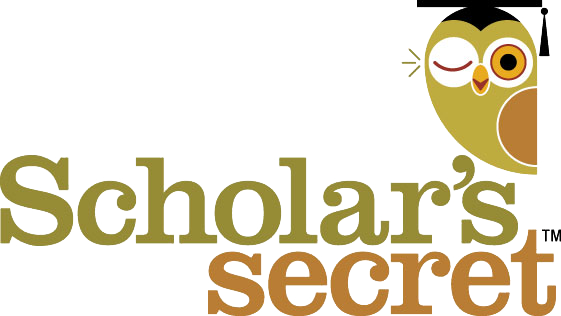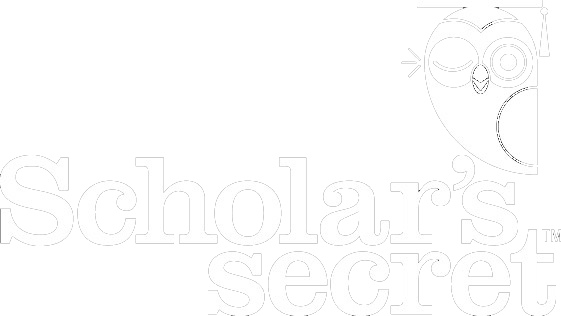 Everyone agrees that buying a term paper and handing it in as one’s own is cheating. But what about the student who lifts information from an un-authored website and doesn’t cite it because he thinks the information is “common knowledge”? Yes, that’s plagiarism, too – and such practices are uncomfortably widespread on campus these days.
Everyone agrees that buying a term paper and handing it in as one’s own is cheating. But what about the student who lifts information from an un-authored website and doesn’t cite it because he thinks the information is “common knowledge”? Yes, that’s plagiarism, too – and such practices are uncomfortably widespread on campus these days.
The back-to-school flurry seems to have sparked an unusually high level of interest in the notion of “academic integrity” recently. The New York Times published a series of articles this month pondering the morality, prevalence, and means by which students cheat. And last week, The Chronicle of Higher Education posed this question to its readers: “Should Colleges Do More to Teach Students About Plagiarism?”
What is academic integrity? The University Library at my beloved alma mater defines it simply: “Academic integrity means honesty and responsibility in scholarship. Students and faculty alike must obey rules of honest scholarship, which means that all academic work should result from an individual’s own efforts. Intellectual contributions from others must be consistently and responsibly acknowledged. Academic work completed in any other way is fraudulent.”
Scholar’s Secret likes this definition because it stresses the responsibility that students and professors share in maintaining the highest standards of scholarship. We’re dedicated to helping students understand why, when, and how to properly credit the ideas of others. And we’re not shy about reminding our professional clients to do the same! Give credit where credit is due: contact Scholar’s Secret anytime for help!

